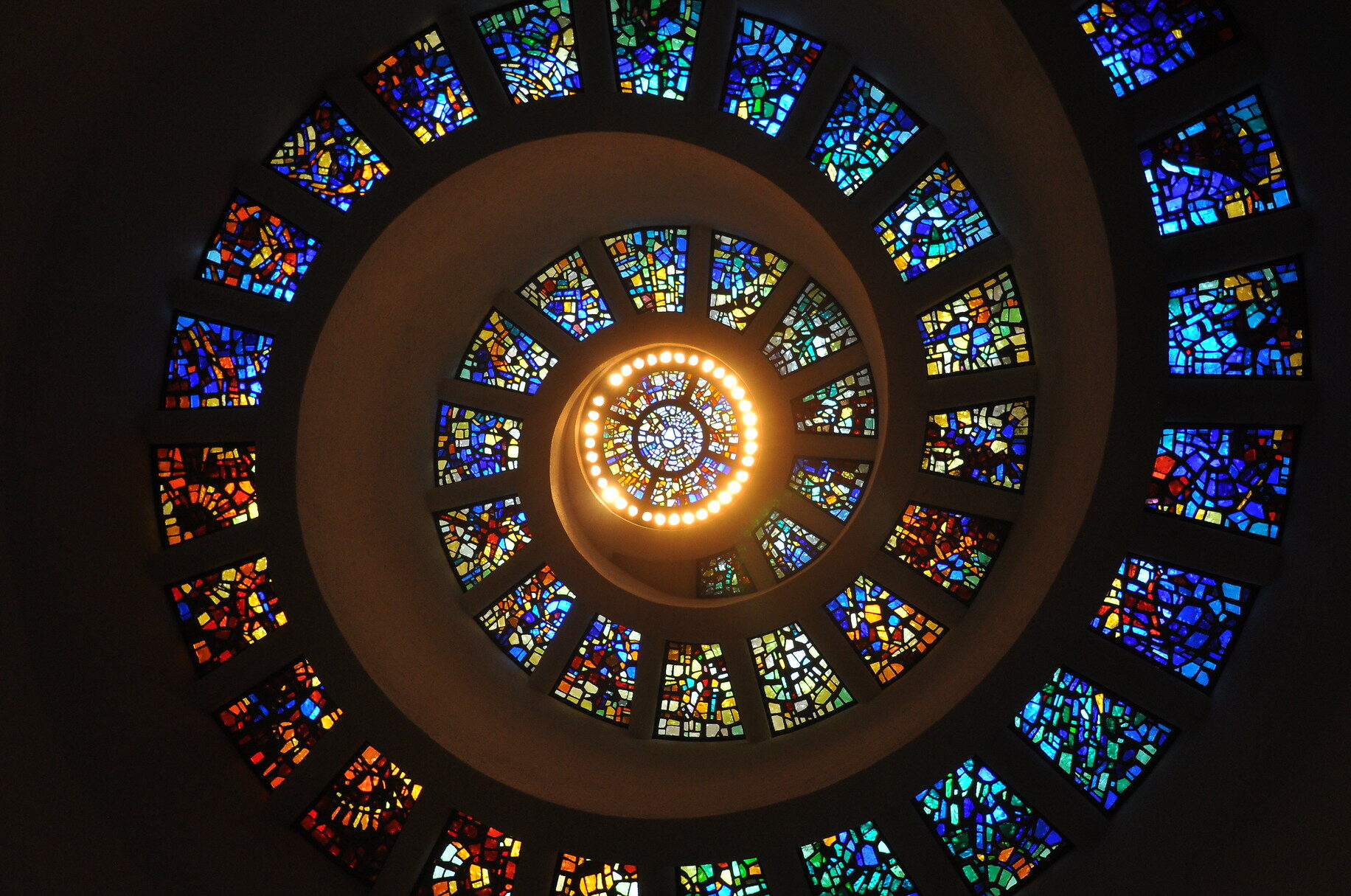Imagination! who can sing thy force?
Or who describe the swiftness of thy course?
Soaring through air to find the bright abode,
Th’ empyreal palace of the thund’ring God.
Phillis Wheatley, “On Imagination” (1773).
About
When the poet Phillis Wheatley sought to capture the mystery and power of imagination, she reached for the divine. She wrote of a bird ascending to the heavens, to the palace of the thundering god. Imagination was a lifeline for Wheatley, a deeply pious enslaved woman, and her expression of its majesty flowed naturally through heaven. Wheatley made meaning of her life through religion. So too did millions of Americans who came before and after her. If we want to understand them, the worlds they made, and the lives they lived, we must understand the history of American religions.
Wheatley knew firsthand that American religion brought horrific oppressions and exhilarating liberations. The history of religion in the United States includes stories of inspiring imagination and violent cataclysm. Religion has shaped the nation’s great moral triumphs and its great moral travesties. We cannot understand the American past, nor the American present, without understanding the history of religion.
American religion has never been stable, but, instead, exists in a state of perpetual transformation, constantly being made and remade across the centuries. Nor is it monolithic. The various forms of Christianity loom large over this history, but it was not the first nor the only religion to shape our nation’s past. We therefore seek the history of American religion not just in churches and mosques and synagogues, but in Indigenous towns, plantation arbors, political campaigns, football stadiums, and corporate board rooms. And we aim not only to capture the diversity of American religious history, but to capture it as a historical phenomenon. This is a story of conflict and change, of conformity and creativity, of adaptation and innovation. And it is a history with stakes. Far from a collection of static creeds, American religion has been a historical force. We therefore seek to capture that vast diversity of American religious–and irreligious–history without losing sight of power and conflict and inequality.
Advisory Board
Vaughn A. Booker, University of Pennsylvania
Anthea Butler, University of Pennsylvania
Emily Conroy-Krutz, Michigan State University
Darren Dochuk, University of Notre Dame
Sarah Barringer Gordon, University of Pennsylvania
Gale Kenny, Barnard College
Kathryn Gin Lum, Stanford University
Jennifer Graber, University of Texas
R. Marie Griffith, Washington University in St. Louis
Luke Harlow, University of Tennessee
Felipe Hinojosa, Baylor University
John T. McGreevy, University of Notre Dame
Benjamin E. Park, Sam Houston State University
Amanda Porterfield, Florida State University
Shari Rabin, Oberlin College
Leigh Eric Schmidt, Washington University in St. Louis
Daniel Vaca, Brown University
Judith Weisenfeld, Princeton University
Alexis Wells-Oghoghomeh, Stanford University
Tisa Wenger, Yale University
Call for Contributors
The goal of The Palace of Thundering Gods is to harness the collective expertise of scholars of American religious history to produce a volume that is not only free and accessible but also meets the very highest standards of scholarly rigor. We invite all academics who study the history of religion in the United States to join us.
We are now soliciting writers and editors, including over 100 trained scholars who will write short reflections on their areas of expertise. From this contributor pool, we will then recruit a team of editors to weave these research-driven insights into fifteen chronologically ordered chapters designed for undergraduate students. This team of scholars will also assemble a primary source reader that aims to reflect the breadth and diversity of voices in the history of American religion through open-source or public domain materials.
All of this material will receive rigorous academic peer review before being published through an open creative commons license and being made available online for free and in a low-cost printed volume. All participants will be offered compensation for their labor. Some, like the editors of the text, may believe that their current salaries include expectations of this kind of work and therefore they may wish to donate their stipends back to the project. But given the broken political economy of our profession, many of the brightest scholars now work outside the protections of stable academic employment. Unemployed or underemployed scholars, graduate students, and those outside of academia are encouraged to accept stipends to ensure that this project does not rely on uncompensated labor. This process extends the experiment that yielded The American Yawp, a massively collaborative open access U.S. history textbook. You can explore that project at americanyawp.com and read more about our understanding of labor and compensation here.
If you share our mission, please fill out the contributor form below or reach out directly to the editors, Joseph Locke (University of North Texas) and Ben Wright (University of Texas at Dallas), with any questions. Thank you!
